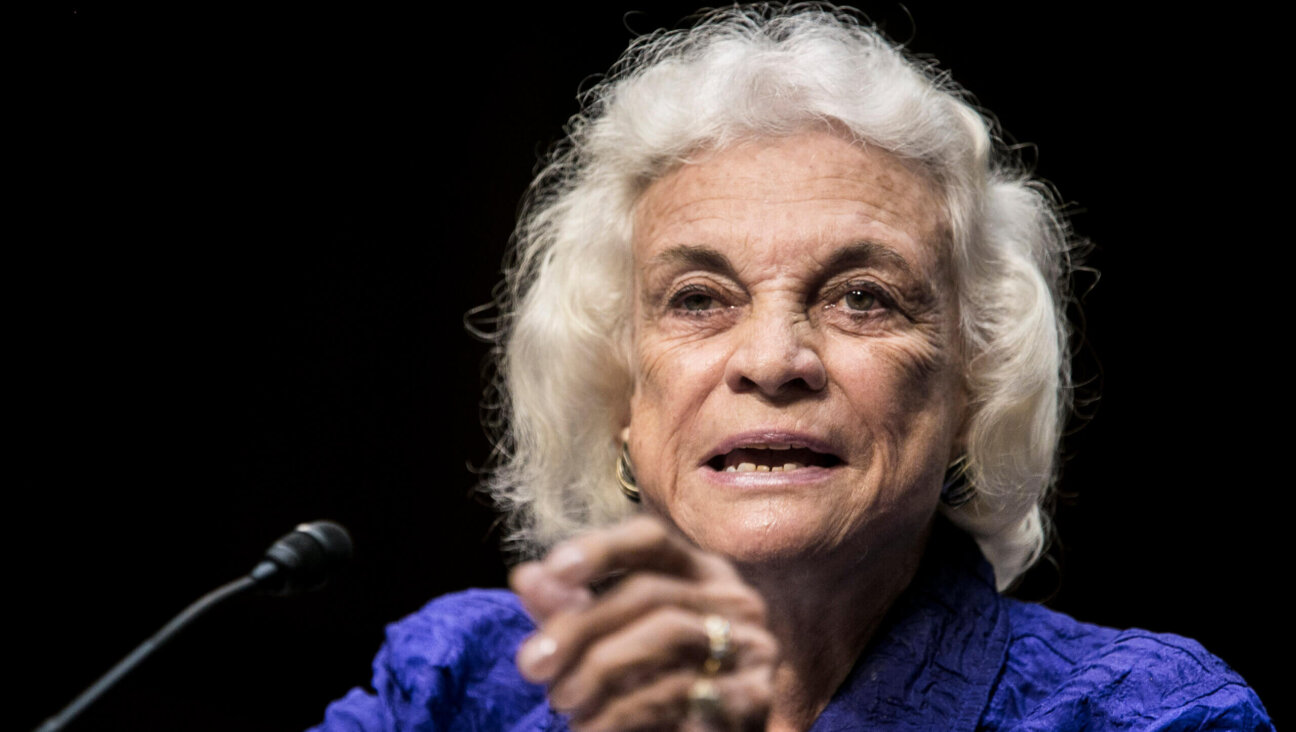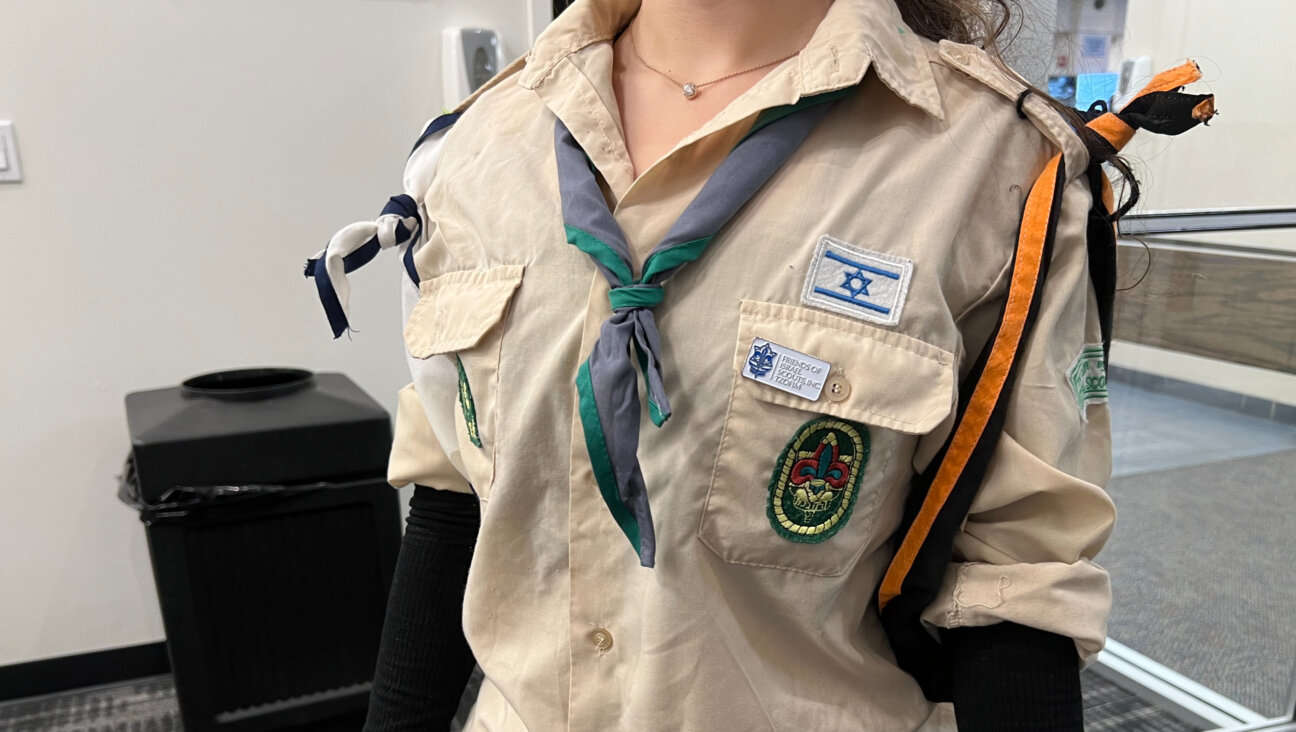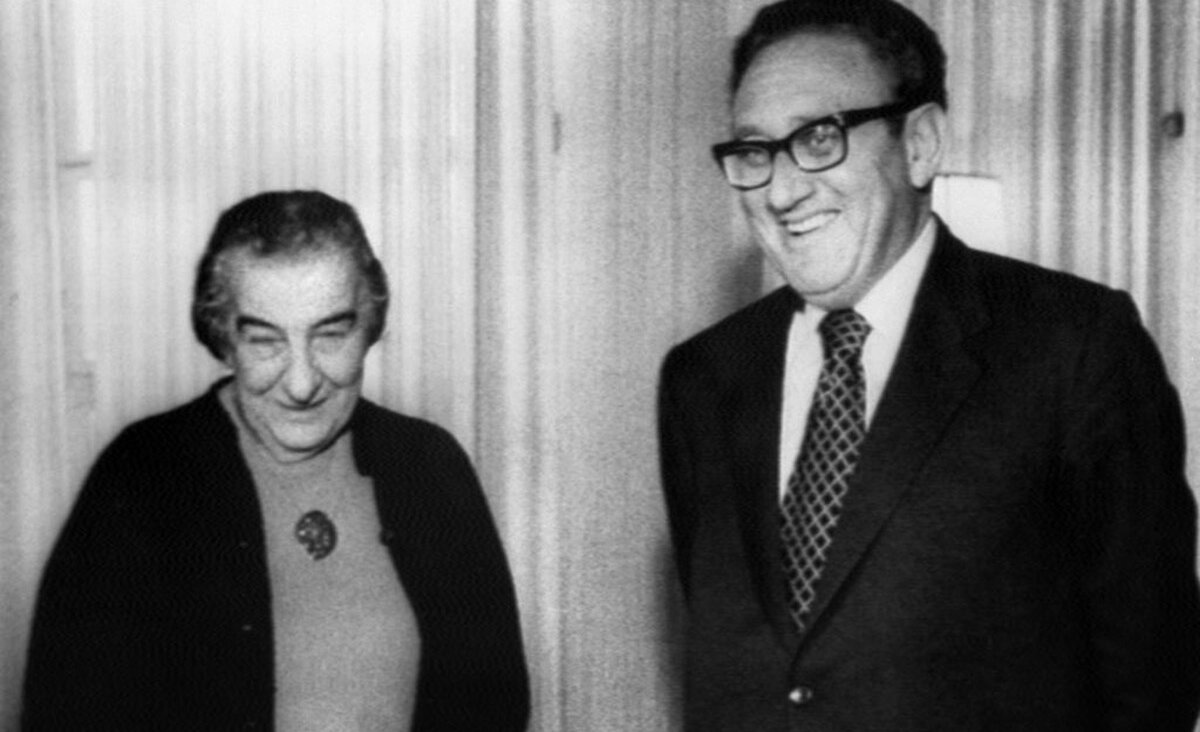World-Famous Cantor Allegedly the Target of Entrapment Plot
Naftali Hershtik, the cantor of the Great Synagogue in Jerusalem, has been the target of an entrapment scheme allegedly orchestrated by one of his former students, according to information obtained exclusively by the Forward.
The rumors began weeks ago, when Israeli papers reported that an unnamed cantor had been lured by a young woman into a hotel room wired with a hidden camera, in an attempt to trap the cantor in a compromising position. The Forward has learned from sources close to the case that the target of the entrapment was Hershtik — one of the most famed and respected cantors in the world — and that the man being accused of arranging the plot is Israel Rand, a former student of Hershtik’s.
Photographs of Hershtik, 60, and the young woman, taken by a hidden camera, were sent anonymously to Hershtik’s employer, the Jerusalem Great Synagogue, in an apparent attempt to have Hershtik fired, according to synagogue officials. The Great Synagogue suspended Hershtik, but has since reinstated him, and its officials there are now defending the star cantor.
“It’s a classic case of entrapment except for one fact — that, to my knowledge, the chazzan [cantor] did not fall into that trap of any consequence,” said Rabbi David Fuld, president of the Great Synagogue’s board. Fuld said he reviewed photographs that were sent to the synagogue and that they showed “nothing of significance” that happened between Hershtik and the young woman.
Israeli papers reported this week that the Israeli Ministry of Justice had drafted indictments against a prominent cantor and several others for their roles in the scheme. In an e-mail message to the Forward, David Fadida, a spokesman for Rand, said: “To the best of my knowledge and for your information, there has been no draft indictment by the Israeli Ministry of Justice!” When asked if Rand was involved in the attempt to entrap Hershtik, Fadida denied it, saying that Rand would have no reason to attempt to entrap the “prominent cantor” because Rand is better paid. Fadida accused Hershtik of attempting to divert attention to Rand from himself because “he was coughted [sic] with young women in hotel.”
Although rumors have abounded in the Israeli press speculating why Rand might have attempted to ensnare Hershtik, the Forward has been unable to confirm this information.
The scandal turns the spotlight onto the universe of star cantors, where celebrity and flamboyant artistry intermingle with the demands of religious piety. Hershtik is one of the world’s most revered and influential cantors, credited with almost single-handedly sustaining and reviving the classical cantorial arts. Rand, who was born in 1963, is considered one of the rising stars of the new generation of cantors whom Hershtik helped train.
In both stature and pedigree, Hershtik is in ways a throwback to the so-called “Golden Age of Cantors,” the period from the late-19th century until World War II, when cantors commanded princely salaries, drew throngs of worshippers to their services, and sold hundreds of thousands of records. This era began to wane in the postwar years, as the grand cantorial style was largely supplanted by more informal, participatory services.
Born in Hungary to a cantorial family and raised in Israel, Hershtik functions in this classical cantorial tradition of Eastern Europe. He emerged as a major cantor in the early 1970s, as the cantor of London’s Finchley Synagogue.
Perhaps even more importantly, in 1984 Hershtik co-founded the Tel Aviv Cantorial Institute, a school that trains cantors in the classical style, and which has taught many of today’s most important and celebrated cantors, including Yitzhak Meir Helfgot, Eric Moses and Gideon Zelermeyer.
One of those students was Rand, who is still listed on the school’s Web site as one of its prized students. In addition to a successful concert career, Rand was cantor at the Hampton Synagogue and its New York City affiliate, the New York Synagogue, from 1994 to 2005. Both synagogues are led by Rabbi Mark Schneier, and both have risen to prominence, and attracted wealthy members, in part because of their programs of cantorial music.
According to his Web site, Rand is currently the chief cantor at the Great Synagogue of Ramat Gan for the High Holidays. In a twist worthy of soap opera, his old position at Schneier’s operation is now held by Netanel Hershtik, Naftali Hershtik’s son and a prominent and respected cantor in his own right.
In 1982, Naftali Hershtik was hired as cantor of the newly constructed Jerusalem Great Synagogue and promptly established the synagogue as one of the international centers of cantorial music. Founded in 1982, the Great Synagogue is where Israel’s power elite come to pray. (The Israeli papers have reported that Prime Minister Ehud Olmert, President Shimon Peres, Likud leader Benjamin Netanyahu and Supreme Court President Dorit Beinish, among others, have all attended the Great Synagogue during the High Holidays.) Hershtik performed at the Great Synagogue and, when on tour, arranged for other preeminent cantors to make appearances in his stead. Over time, these Great Synagogue cameos became prized as premier platforms for both established and aspiring cantors.
The entrapment story first appeared in the press when the newspaper Yediot Aharonot reported that a tape had been discovered in a private investigator’s office during an unrelated raid. None of the dramatis personae was named. On March 17, the Israeli newspaper Maariv reported that a young woman claiming to be a graduate student in musicology approached a “world leading cantor” and asked to interview him for a paper on “cantorial art and liturgy.” She allegedly called him several weeks later with follow-up questions and asked him to meet her at her hotel.
Pictures taken by a camera in the hotel room were then sent to the Great Synagogue, arriving sometime before Rosh Hashanah of 2007. Great Synagogue officials familiar with the contents of the tape contested a report in Yediot Aharonot claiming the tape depicted a sordid sexual affair.
There was “no passionate sex,” said Zelli Jaffe, vice president of the Great Synagogue’s board, who told the Forward he has seen the entire tape. “No sex.”
Nevertheless, on February 11, Asher Schapiro, the chairman of the Great Synagogue’s board, sent Hershtik a letter stating that “we have decided you will no longer appear as a cantor at this synagogue.” Fuld told the Forward that the letter was sent without the board’s authorization, that it has been retracted, and that Hershtik remains the Great Synagogue’s cantor.
According to Jaffe, Hershtik has sued the Great Synagogue, a suit that is still pending. In addition, he filed a complaint with the police concerning the scheme.
Hershtik, meanwhile, continues to tour and perform. Over the Sabbath of March 28 and 29, Hershtik and the choir from the Tel Aviv Cantorial Institute appeared at the New York Synagogue before a packed audience. Although most of the singing was done by the institute’s students, and by Netanel Hershtik, Naftali Hershtik did lead a few prayers, demonstrating his still-powerful tenor voice. Both the Friday evening and Saturday morning services closed with duets between the two Hershtiks.
Jaffe said he expects Naftali Hershtik to lead services at the Great Synagogue this coming Sabbath.
A message from our Publisher & CEO Rachel Fishman Feddersen

I hope you appreciated this article. Before you go, I’d like to ask you to please support the Forward’s award-winning, nonprofit journalism so that we can be prepared for whatever news 2025 brings.
At a time when other newsrooms are closing or cutting back, the Forward has removed its paywall and invested additional resources to report on the ground from Israel and around the U.S. on the impact of the war, rising antisemitism and polarized discourse.
Readers like you make it all possible. Support our work by becoming a Forward Member and connect with our journalism and your community.
— Rachel Fishman Feddersen, Publisher and CEO























